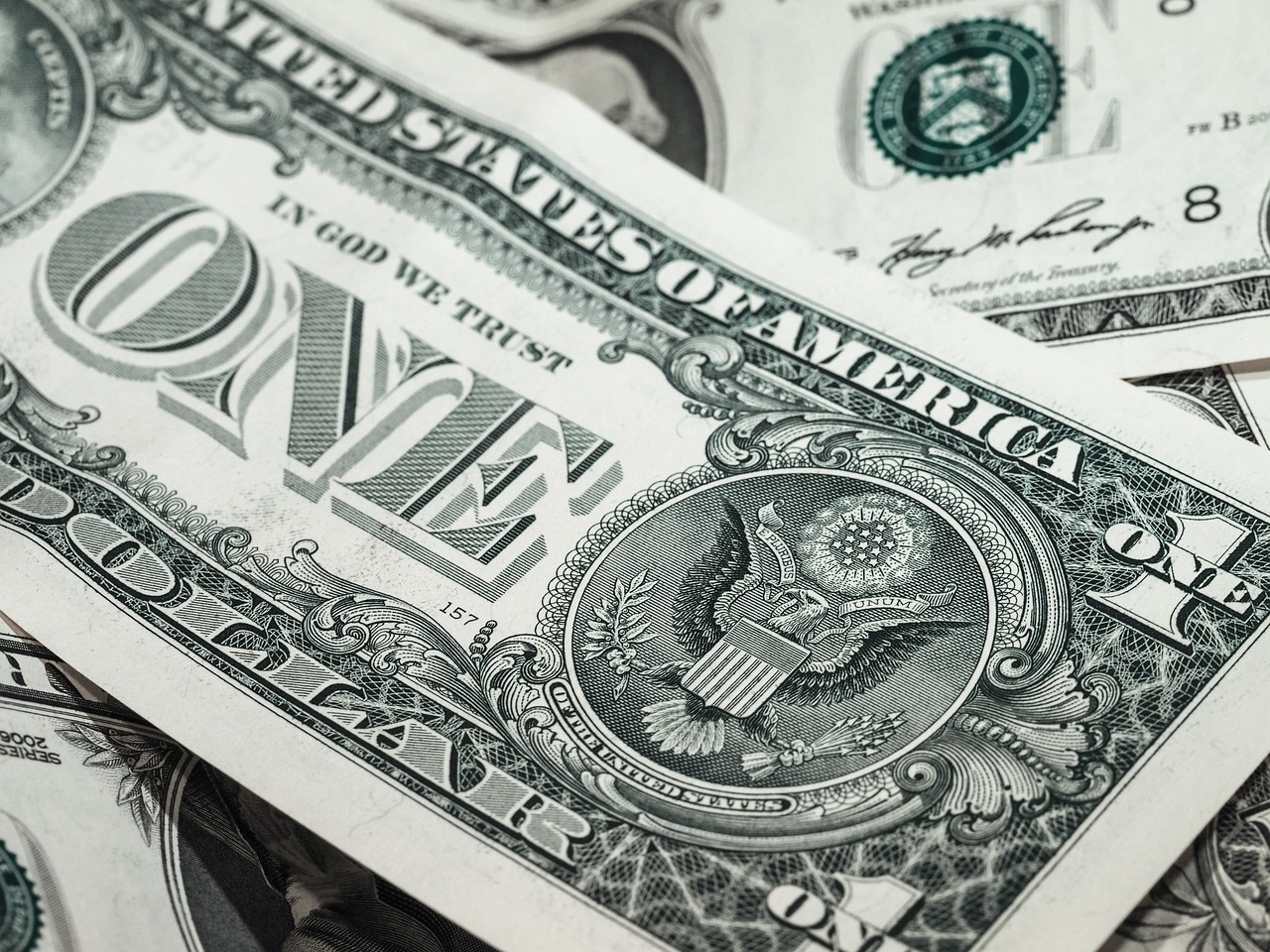Inflation—it’s a term we hear all the time, but what does it actually mean for your money? In simple terms, inflation refers to the rise in the prices of goods and services over time, which reduces the purchasing power of your money. Essentially, as inflation increases, your dollars don’t stretch as far as they once did. If you’ve noticed that your grocery bill seems higher, your rent feels more expensive, or your favorite coffee shop has raised its prices, inflation is likely the culprit.
But what exactly is going on with inflation, and what can you do to protect your finances from its effects? In this article, we’ll break down how inflation impacts your money and share some practical strategies to help you combat its effects.
What Is Inflation, and Why Does It Happen?
Inflation is a natural economic phenomenon that occurs when there is a broad increase in the prices of goods and services across an economy. It’s often measured by the Consumer Price Index (CPI), which tracks the average price change of a basket of common goods like food, housing, transportation, and medical care.
Several factors can contribute to inflation:
- Demand-Pull Inflation: This occurs when demand for goods and services exceeds supply. If people want to buy more than what’s available, businesses may raise prices to balance supply and demand.
- Cost-Push Inflation: This happens when the costs of production increase, such as when raw materials or labor become more expensive. To maintain profit margins, businesses often pass these costs on to consumers in the form of higher prices.
- Monetary Policy: Central banks, like the Federal Reserve, control the money supply. If the central bank prints more money or keeps interest rates low for too long, it can lead to inflation. When more money is circulating in the economy, it can reduce the value of each individual dollar.
- Global Events: Natural disasters, pandemics, or geopolitical tensions can disrupt supply chains and contribute to price increases. The COVID-19 pandemic, for example, caused major supply chain disruptions that led to higher prices in many sectors.
How Inflation Affects Your Money

Now that we understand what inflation is, let’s take a look at how it can impact your daily life and your finances.
1. Rising Costs of Living
Inflation directly impacts the cost of living, making everyday expenses more expensive. Groceries, utilities, gas, and even dining out can cost significantly more as prices rise. For example, you may find that the same grocery items you bought last month now cost a few extra dollars.
This can put a strain on your budget, especially if your income isn’t keeping pace with inflation. While wages may rise over time, they often don’t increase at the same rate as inflation, leaving you with less purchasing power.
2. Decreased Purchasing Power
When inflation rises, the value of your money decreases. This means that $100 today may not buy the same amount of goods and services in the future. Over time, even small inflation rates can erode your savings. For example, if inflation is 3% annually, your $1,000 will only have the purchasing power of $970 a year later.
This can be especially problematic for people relying on fixed incomes or savings, like retirees. If your income doesn’t adjust for inflation, you may find it harder to maintain the same standard of living.
3. Interest Rates and Savings
Inflation also affects interest rates. When inflation rises, central banks often increase interest rates to try to control it. While higher interest rates can be beneficial for savers, as it might lead to higher returns on savings accounts and certificates of deposit (CDs), it can also hurt borrowers. Loans, mortgages, and credit card debt become more expensive as interest rates rise, making it harder to borrow money or manage existing debt.
For people trying to grow their savings, inflation can also outpace the interest earned in many traditional savings accounts. If your savings account earns 1% interest but inflation is running at 3%, your money is actually losing value in real terms.
What Can You Do About It?

While you can’t control inflation itself, there are steps you can take to protect your finances and make sure you’re not left behind. Here’s how to fight back against inflation:
1. Adjust Your Budget
With rising prices, the first thing you should do is review your budget. Take a close look at your monthly expenses and see where you can cut back. Are there subscriptions you don’t use anymore? Can you switch to a cheaper grocery store? Reducing discretionary spending and finding ways to be more frugal can help you stretch your dollars further.
If your income hasn’t kept up with inflation, you may need to adjust your spending habits to account for higher costs. If possible, try to prioritize your most important expenses, such as housing, food, and transportation, and reduce spending in less essential areas.
2. Increase Your Income
If your expenses are rising faster than your income, it might be time to find ways to boost your earnings. Consider taking on a side hustle, looking for a higher-paying job, or asking for a raise. Many people are able to supplement their income by freelancing, driving for a rideshare service, or monetizing a hobby.
Additionally, focusing on career growth and developing new skills can help you position yourself for higher-paying opportunities in the future. In times of inflation, income growth becomes even more important.
3. Invest in Assets That Outpace Inflation
While keeping cash in a savings account may not be the best way to protect your wealth against inflation, investing in certain assets can help you stay ahead of it. Historically, investments in stocks, real estate, and commodities like gold have outpaced inflation over the long term.
Consider diversifying your investment portfolio to include assets that can protect against inflation. For example, investing in inflation-protected securities like Treasury Inflation-Protected Securities (TIPS) or focusing on growth stocks could be effective strategies. Real estate can also serve as a hedge, as property values often rise with inflation.
4. Use High-Yield Savings Accounts
To mitigate the impact of inflation on your savings, consider moving your money into high-yield savings accounts or CDs that offer better returns than traditional savings accounts. While the interest rate may not fully counteract inflation, it can help your money grow faster and prevent your savings from losing too much value.
Be sure to shop around for the best rates and consider online banks, which often offer higher interest rates than traditional brick-and-mortar banks.
5. Review Your Debt
If inflation is causing interest rates to rise, it’s crucial to manage your debt wisely. Try to pay off high-interest debts, like credit card balances, as quickly as possible to avoid paying more in interest. Additionally, consider refinancing options for loans or mortgages that may have variable interest rates.
By reducing your debt burden, you’ll free up more money to invest or save, helping you combat the rising costs caused by inflation.
Inflation is an unavoidable part of life, but its impact on your finances doesn’t have to be devastating. By understanding how inflation works and taking proactive steps to adjust your budget, increase your income, and invest in assets that can outpace inflation, you can protect your purchasing power and even grow your wealth over time.
While we can’t control inflation, we can control how we respond to it. By staying informed, making smart financial decisions, and being adaptable, you can safeguard your money against inflation’s long-term effects and continue to thrive financially, no matter what the economy throws your way.


